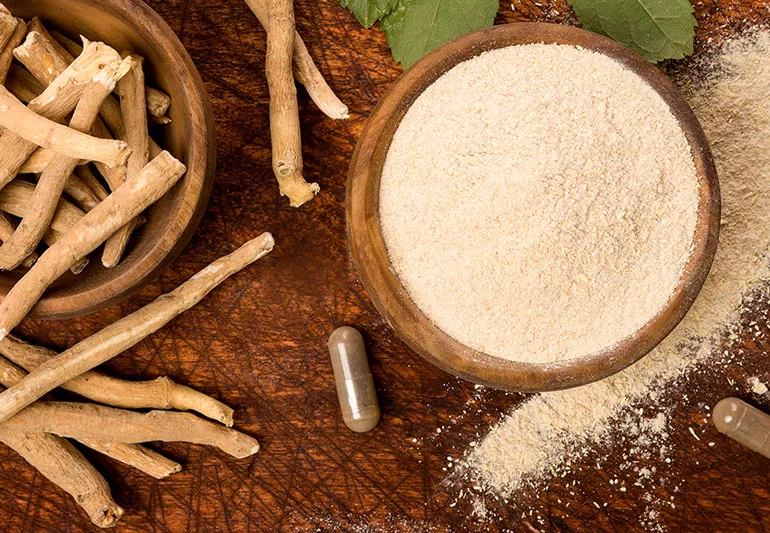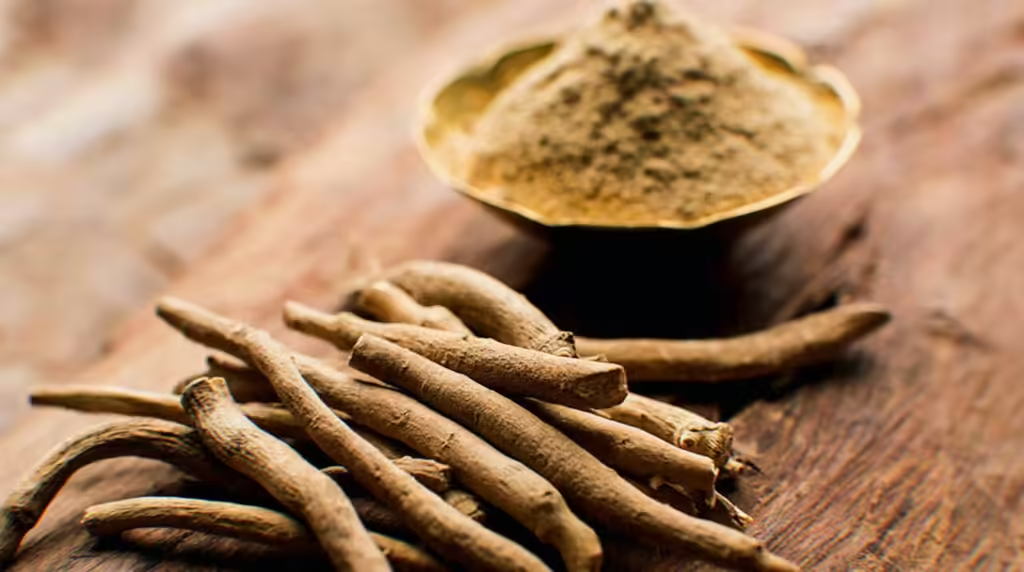
I’ve been fascinated with natural remedies for a long time, and one herb that keeps popping up in conversations is ashwagandha. It’s one of those ancient solutions that have stood the test of time, particularly for mental health benefits. I’ve recommended it to friends, tried it myself, and dug deep into the research. If you’ve ever experienced the heavy weight of anxiety or the nagging exhaustion of stress, you know how draining it can be. But what if an herb could help ease that burden? That’s where ashwagandha comes in.
You may have heard of ashwagandha, often dubbed “Indian ginseng” or “winter cherry.” It’s been used in Ayurvedic medicine for over 3,000 years, but it’s only recently gaining the attention it deserves in modern wellness. For me, I love the idea that something so simple—a root, really—can offer so many profound benefits, especially for anxiety. But does it live up to the hype? In my experience and in many others’ stories, it often does.
Anxiety and stress aren’t easy to manage, and I know this firsthand. There’s a constant search for ways to feel calm, balanced, and more at ease with the world. For many, ashwagandha has become a game-changer. But what exactly makes this herb so powerful? And why are so many people turning to it over modern medications? Let’s dive into the benefits, the science behind it, and how it could support your mental health.
How Does Ashwagandha Help with Anxiety?
One of the things I find most compelling about ashwagandha is how it works with the body. Instead of just masking symptoms like some anti-anxiety medications, it’s believed to restore balance. Ashwagandha is classified as an adaptogen. These are natural substances that help the body adapt to stress by balancing hormones, especially cortisol—the stress hormone. I think of it as giving your body a helping hand to better cope with life’s challenges.
When cortisol levels rise, whether from daily stressors or anxiety triggers, the body enters “fight or flight” mode. This is useful in dangerous situations but becomes harmful if it’s constant. That’s where ashwagandha steps in. It helps lower those cortisol spikes, essentially telling your body that it’s okay to calm down. I’ve noticed in times of high stress that ashwagandha brings a sense of clarity and calm that’s hard to achieve otherwise.
Dosage and Best Practices for Using Ashwagandha

When it comes to dosage, one thing I’ve learned is that not all ashwagandha supplements are created equal. Personally, I prefer standardized extracts, which guarantee a certain level of active compounds. Most studies and experts recommend a dosage of 300–600 mg per day, particularly in the form of a standardized root extract.
I typically start with 300 mg a day and build up depending on how I feel. A friend of mine, Sarah, struggled with social anxiety for years, and she found that taking 600 mg daily helped her stay grounded during social events without the jitters that coffee or other stimulants tend to cause.
Consistency is key here. Ashwagandha isn’t a quick fix; you won’t take it once and feel instant relief. It usually takes 2 to 6 weeks for the effects to really set in, so it’s best to incorporate it into your daily routine. I suggest taking it in the morning or at night with a meal, as some people find it too stimulating to take in the evening, while others, like me, find it relaxing enough to help with sleep.
Real-Life Experiences and Clinical Research
I can rave about ashwagandha all day, but what does the science say? One landmark study published in the “Journal of Clinical Psychiatry” found that individuals who took ashwagandha had a significant reduction in anxiety and stress levels compared to those who took a placebo. Another study showed that people who took 600 mg daily experienced up to a 28% reduction in cortisol levels. That’s a huge drop, and it speaks to the power of this herb to truly alter how your body responds to stress.
But let’s talk real life for a moment. My friend Mark has always had a tough time managing work-related stress. It reached a point where his anxiety was affecting his sleep and overall mood. He tried various remedies, but nothing really worked—until he gave ashwagandha a shot. After a month, he told me he felt a subtle but noticeable shift. He wasn’t reacting as intensely to daily stress, and his anxiety episodes had become fewer and farther between. He’s not alone. Countless people online and in my circle have shared similar stories. It’s these real experiences, combined with clinical research, that make me trust ashwagandha as a legitimate tool for mental health.
Ashwagandha vs. Medications: Why Choose the Natural Route?
I know what you’re thinking—there are medications for anxiety, so why bother with a plant? It’s true that anti-anxiety drugs like benzodiazepines can be very effective, but they also come with side effects: dependency, drowsiness, and a sense of detachment. I don’t like the idea of taking something that could make me feel disconnected from myself, which is why I prefer natural solutions whenever possible.
Ashwagandha, on the other hand, works more gently with the body. It supports long-term balance without the risk of dependency. In my opinion, if you’re looking for a sustainable, holistic approach to managing anxiety, ashwagandha is worth considering. It won’t replace medications for severe cases, but for mild to moderate anxiety, or if you just want to feel a bit more resilient, it’s a fantastic option.
Tips for Choosing the Right Ashwagandha Supplement
If you’re ready to give ashwagandha a try, it’s important to choose the right supplement. Look for products with at least 5% withanolides, which are the active compounds in the root that give ashwagandha its power. I like brands that are transparent about their sourcing and manufacturing practices, preferably organic or non-GMO.
You can find ashwagandha in capsules, powders, and even liquid extracts. Personally, I find capsules the most convenient, but if you’re into smoothies, powders can easily be mixed into your morning drink. And don’t forget, taking ashwagandha with a meal that contains fat can help your body absorb the active compounds more effectively.
Conclusion: Is Ashwagandha Worth It for Anxiety?
In my experience and after hearing so many personal stories, I can confidently say that ashwagandha is a worthy option for those struggling with anxiety and stress. It’s not a miracle cure, but it offers a gentler, more sustainable approach to mental health that works with your body rather than against it.
If you’ve been battling anxiety or stress, or you just want to feel more grounded in your daily life, ashwagandha could be the natural support you’re looking for. Just remember to give it time to work and choose your supplement wisely. Whether you’re managing daily stressors or navigating anxiety, this ancient herb might be exactly what your mind and body need to find balance.








